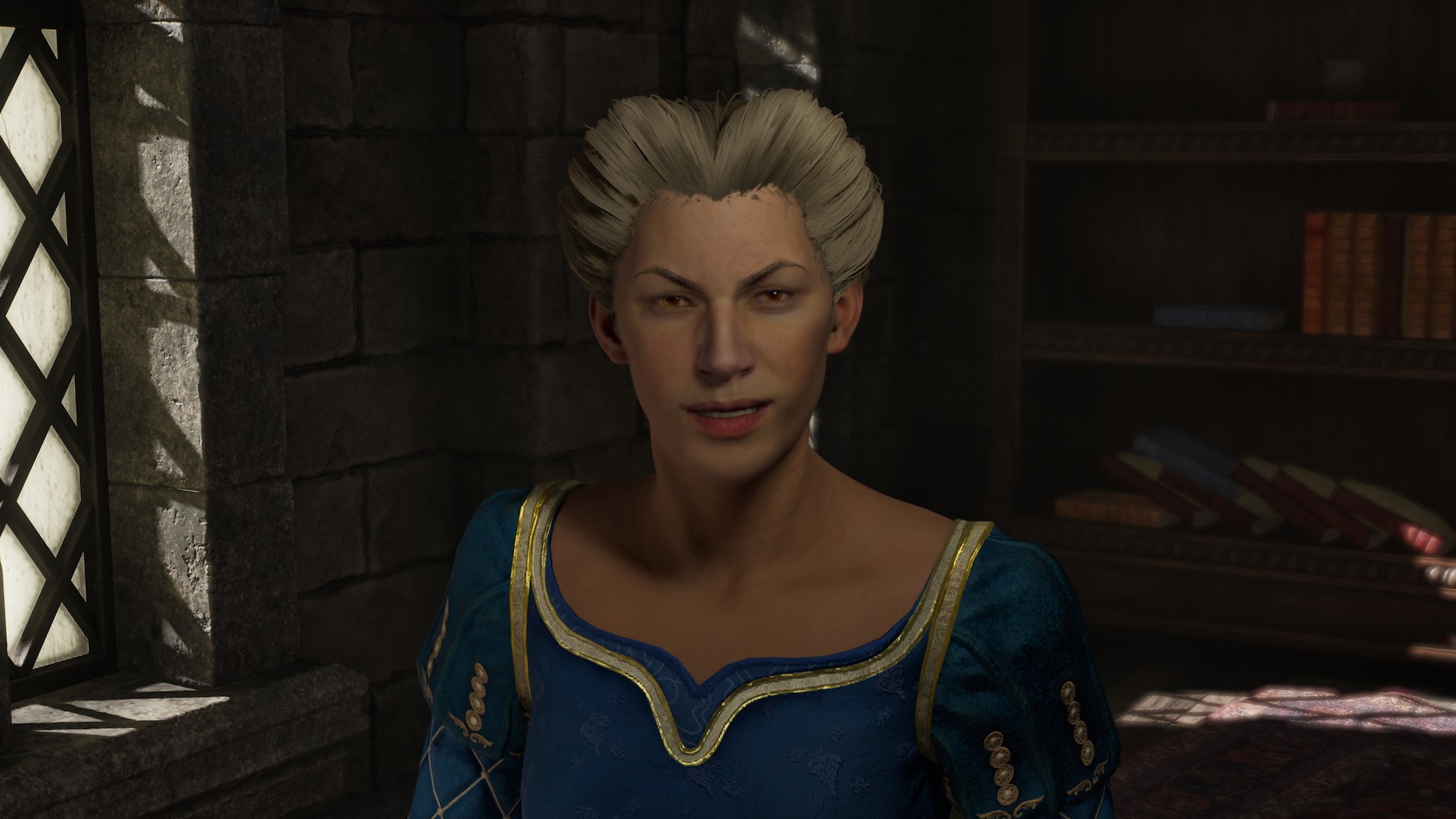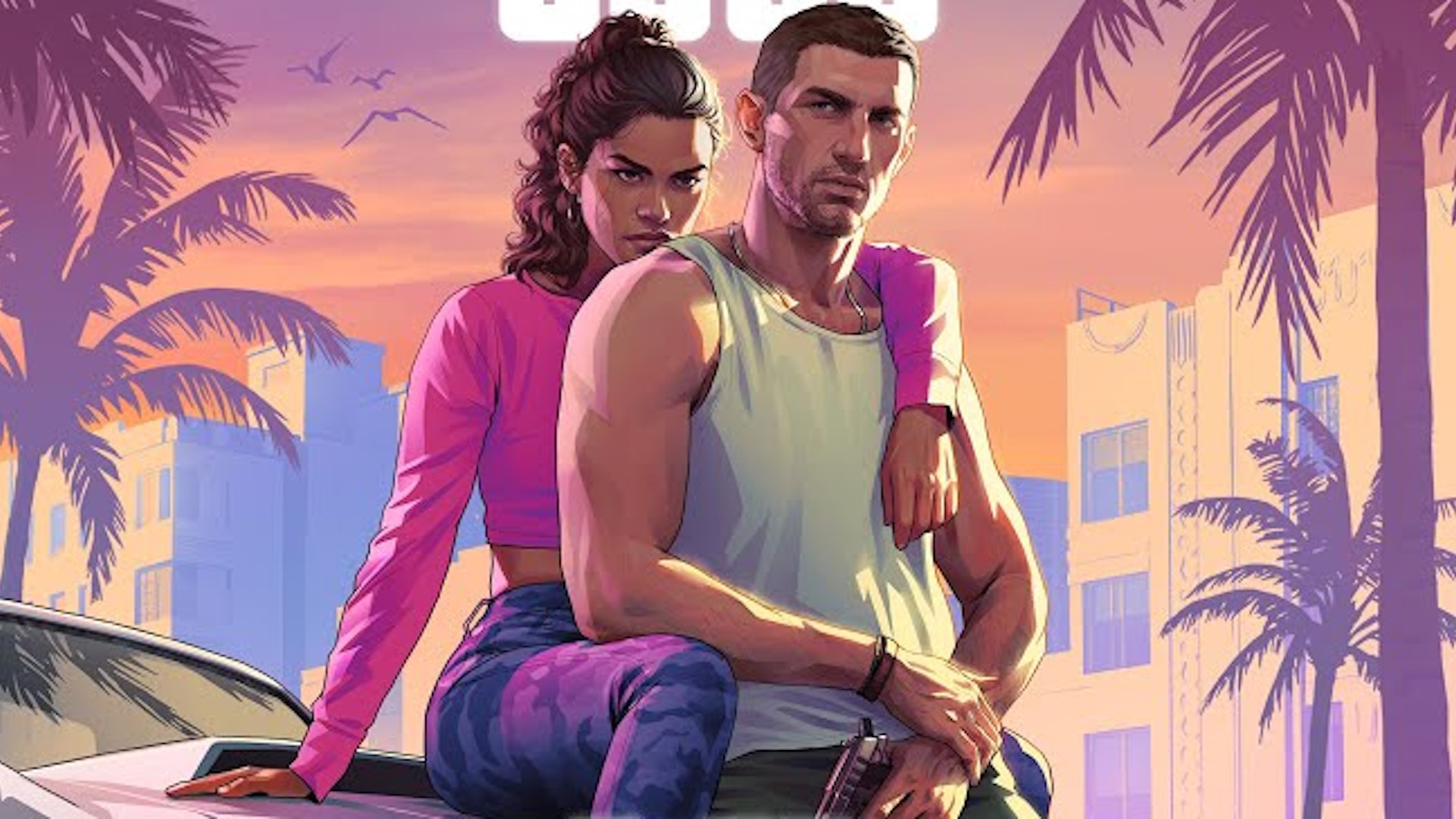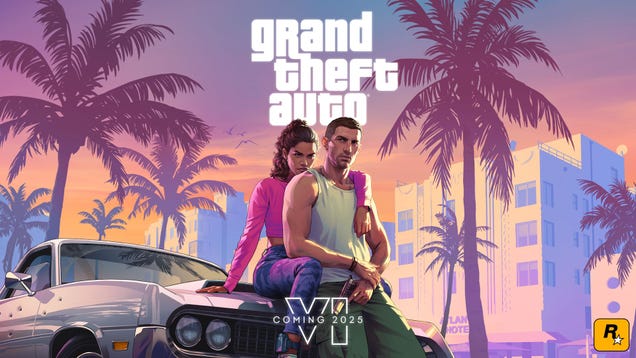
Disclaimer: This article purposefully steers clear of sexual-misconduct and other criminal allegations and charges. The piece is strictly about how Blizzard’s reputation as a game developer has been impacted by its merger with Activision since 2008.
To thousands of people, perhaps millions, Blizzard is — or was — a special company.
“Gameplay first,” one plaque reads at Blizzard’s HQ in Irvine, California.
“Every voice matters” inscribed on another.
“Embrace your inner geek” on another.
Blizzard – a paragon in game development
For care taken with fantastical worlds, Blizzard was unmatched. If a game wasn’t ready it wasn’t released. In 1998, despite Warcraft Adventures: Lord of the Clans having been in development for about a year, the team felt that what made a compelling adventure title had changed since the game’s announcement. They cancelled it.
Titan, a new property that had been in development for seven years, was cancelled in 2014 (assets for which were eventually used to make Overwatch). That year, Blizzard CEO Mike Morhaime told Polygon: “We had created World of Warcraft, and we felt really confident that we knew how to make MMOs. So we set out to make the most ambitious thing that you could possibly imagine. And it didn’t come together.”
On preserving the quality of Blizzard games, Morhaime said: “It’s always really, really hard to make those kinds of decisions. It was hard when we cancelled Warcraft Adventures. It was hard when we cancelled StarCraft Ghost. But it has always resulted in better-quality work.”
Compare this principled approach to the half-baked release of Warcraft III: Reforged in 2020, which got a record-setting user score of 0.6 out of 10 on Metacritic. Fans felt second-best when various promises made before release were not kept. According to Bloomberg, the botched release was the result of ‘mismanagement and financial pressures.’ Blizzard’s vision for the game did not mesh well with the oversight of Activision — a company it merged with in 2008.
This carelessness is a far cry from the Blizzard of old. In 2002, Blizzard hired an outspoken young MMORPG fan, Jeff ‘tigole bitties’ Kaplan. Upon landing the role, Kaplan, then leader of the guild Legacy of Steel, wrote on the guild’s forum: “I hope that my association with World of Warcraft will serve to comfort MMORPG fans that ‘one of us’ is on the other side of the fence, looking out for the interests of the player.”
‘One of us’ indeed. That hire was a sliding-doors moment in Blizzard’s history. Kaplan went on to be the heart and soul of Blizzard, eventually becoming its vice president. Moments like these laid the foundation for Blizzard to be perceived as a game-first, community-first, good game developer.
What changed?
Like oil and water
Many see Activision Blizzard as a money-grubbing, greedy corporation whose only purpose is to milk players of as much money as possible. This is vastly different to the perception of Blizzard pre-Activision; game quality was paramount. Since the companies’ merger in 2008, Activision has had an increasing influence on Blizzard each year.
“Blizzard is a special place,” one former employee told Kotaku in 2018. “A lot of people are worried about the future of Blizzard — if the Activision method seeps in more, what that’s going to become.”
Fast-forward to 2022 and it appears that ship has long sailed.
Activision’s effect on Blizzard was like “a frog in a boiling pot of water,” Former Blizzard director Jay Wilson recently said. In its early stages Blizzard kept its agency, but over time Activision’s influence grew. For example, Wilson said Heroes of the Storm staffers were “crushed in meetings with Activision, where [Activision staffers] were always talking about the bottom line.”
In 2016, Activision Blizzard CEO Bobby Kotick signed an incentive agreement that he would receive a pay-out of up to $200 million if the Activision Blizzard share price stayed above a certain threshold for 90 days. Such an obscene fee indicated that Activision Blizzard’s driving force is profit which, while all for-profit entities want to make money, one could argue that Blizzard was never driven by profit but by a love for gaming, hence its positive image among fans.
“I would say Bobby [Kotick] has a predatory business way of looking at things, or just a standard capitalist way of looking at things,” said Jason Baker, founder and Managing Director of Do Not Peek Entertainment. Baker was the Lead Observer for Overwatch League at Blizzard. “[Kotick is] trying to extract as much money out of the customers as possible, whereas Blizzard seemed to try and rely on, ‘We’re going to make a great product, and hopefully the money keeps coming in and we can make another great product.”
In 2018 Activision Blizzard laid off 800 employees despite a record year. This was also the year of the disastrous Diablo Immortal announcement at BlizzCon, where, shamelessly, the company told attendees that the new game is playable on mobile only. “Do you guys not have phones?” Wyatt Cheng obliviously quipped to the cold crowd response. He had missed the point: Diablo players are PC players. Releasing a much-awaited Diablo instalment on mobile is a slap in the face, especially when the reason for the pivot is the greater earning potential of mobile games.
“Do you guys not have phones?” became an instant meme
It wasn’t just the announcement of Diablo Immortal that troubled fans. The game’s monetisation mechanics have been widely panned by fans and critics. Predatory, pay-to-win and arguably less fun as a result, this was a clear sign to many that Blizzard is no longer Blizzard. Fans now knew that they came second. These days profit is paramount, even if it comes at the expense of the fans’ gaming experience. This was never the Blizzard way.
In 2016 Activision Blizzard sent a cease-and-desist letter to the moderators of an old-school World of Warcraft server, Nostalrius. The company is within its rights to shut down old servers that use its intellectual property. The problem is that Activision Blizzard now treats its fans as trespassers.
It’s tough to square this with Blizzard’s reputation of years past. When Jeff Kaplan left the company in April 2021, his goodbye message was, one could say, deftly written. It focused solely on the games, their communities, and those that cared about making them.
Perhaps ‘cryptic’ is overselling it. But Kaplan, someone that former Blizzard employees said protected them from corporate garble, not only left but did so without so much as a tip of the hat to Activision Blizzard or its top brass. The message was exclusively about the games — what it was always about for Kaplan. It is perhaps telling that he and many other members of the original Blizzard squad have left the company in the last few years, some of whom have clustered to launch studios like Frost Giant, Notorious Studios, and Dreamhaven.
Former Blizzard director Wilson believes many left because they were frustrated with Activision Blizzard’s freshly imprinted philosophy: the financial squeezing of its gamers:
“When I was there Blizzard had this saying, ‘We always want to be the guys in the white hats,’ which means we always want to be the good guys,” Wilson said at the Portland Retro Gaming Expo. “We always wanted to charge [players] what we thought was reasonable. So that came in direct conflict with a lot of [Activision’s ideas].”
Rose-tinted glasses?
But perhaps Blizzard, if it ever was a special company, was so for reasons other than what many perceive. Many Blizzard fans — and, crucially, employees — see, or used to see, Blizzard as a paragon of game development. This meant the developer could recruit based on reputation, knowingly or otherwise.
“I think that was how they operated — by having people work there that had this perception of Blizzard as being this wonderful community,” former Blizzard employee Baker said.
“Looking at a company as if they’re a person is absolutely risky,” he added. “You can believe in what you’re building, but you also have to understand that the company is not sharing it back. It’s not like you’ve just produced this great event, with this great game, and you’ve brought in all this money, and the success rains down. It doesn’t do that. Everybody would put their passion into it, and then some people would get their big bonuses, and then for the average employee … they didn’t make shit.”
Blizzard was never a perfect company, but it seems clear that its reputation as a game developer has taken a hit since the merger with Activision. But does it matter? Diablo Immortal, which some fans said would ‘completely destroy Blizzard’s reputation,’ was the second-fastest mobile game to reach $100 million in lifetime revenue. Overwatch 2, which is now free to play and utilises an Activision-esque battle-pass model, is so far booming. It is true that Blizzard games have been losing monthly active users, but as we have seen with the success of Overwatch 2 after plenty of ‘dead game’ talk, this is fickle; one big release and the numbers look healthy again. If Blizzard’s games are still performing, perhaps a reputational hit is superfluous.
Baker told Esports.net that this breaking of the Blizzard illusion may be a positive:
“I think it’s a good thing that people stop looking at a company as if it’s something special. You could check their quarterly statements, like, ‘Oh, Blizzard has $700 million cash on hand,’ but then, ‘Oh, we just laid off 10 people from this division.’ Or, ‘Hey, our entire esports team are making like $50,000 a year or below and living in Irvine, California.’ [Employee infatuation with Blizzard can be] cult-like.”
So was Blizzard a special company? If yes, what made it so? Its franchises, particularly World of Warcraft, hold a special place in people’s hearts. Perhaps there’s a sentimentality associated with the brand. It is difficult to dispute that the company did seem to care deeply about its games and their communities. But Baker believes Blizzard was special for another reason.
“Blizzard prospered from the passion of its workers that were working for bare minimum,” Baker said. “That’s really what happened and has been happening. I don’t want to slag the employees because I think they believed in what they were doing, but they got taken advantage of.”
The imposing orc statue and commemorative plaques are still in Irvine, but much has changed at Blizzard Entertainment.







